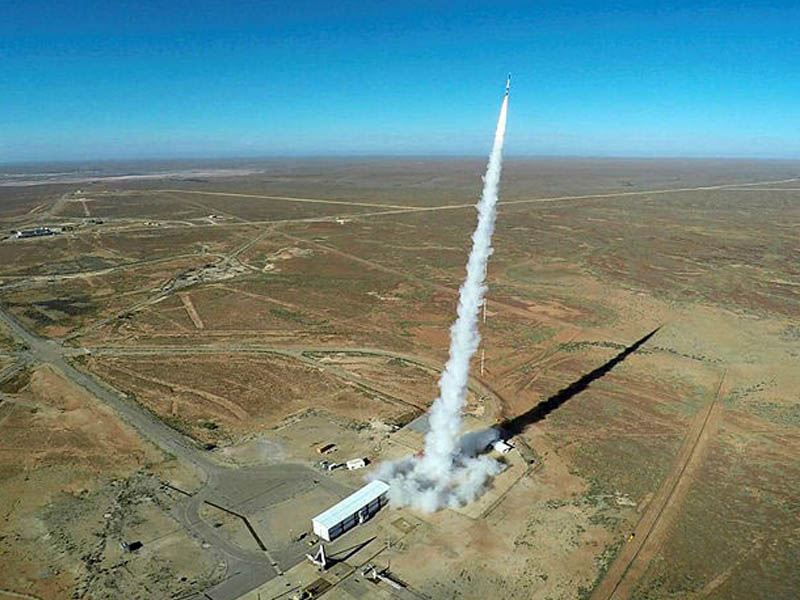Australia has the potential to become a leading location in the region for space launch services, but the federal government’s plan to charge companies to apply for permits puts this in jeopardy, a number of space companies have warned.
A coalition of the nation’s emerging space launch companies – the so-called ‘Launch Leaders’ – said that Australia has huge potential and could see up to 2500 satellites launched in the next five years in a submission to a standing committee inquiry into the local space sector.
“Our nation has the opportunity to be a primary location in Asia for launch services and to be a preferred provider for launch activities within the global space market,” Equatorial Launch Australia, Gilmour Space Technologies and Southern Launch said in the submission.

“In undertaking successful space launches, the launch leaders will inspire the Australian population, including the next generation of space experts, and will create new jobs in the high-tech Australian space industry sector. This is ever more important for the nation following the testing times brought about by the global COVID-19 pandemic.”
But the government’s plan to introduce a Commonwealth Cost Recovery Scheme for space launches and return, which will see companies charged for making “complex” applications.
The scheme was delayed for 12 months due to COVID-19 and is now set to come into effect from July this year.
This plan could jeopardise Australia’s goal of growing the local space sector and damage its ability to improve sovereign capability in space tech. The group of leading Australian launch companies called on government to scrap the plan.
“The Commonwealth cost recovery scheme is imposing uncompetitive costs on launch vehicle operators and Australian launch facility providers where, in the case of operators of small launch vehicles, the fees are as much as three times the value of the rocket development and mission costs,” the groups said.
“Our customers express grave concerns about the implementation of this scheme. This potential cost on industry severely limits Australia’s ability to gain investment from the global launch market. This scheme is grossly disproportionate to other like-minded commercial space-faring nations.”
In its separate submission, Southern Launch said that the government could charge nearly $190,000 per launch permit application, which is three times the value of the rocket development and mission costs, and 30 times higher than other jurisdictions.
Southern Launch’s customers have expressed “grave concern” with these fees.
“Potential customers and investors are informing us that, notwithstanding the technical advantages from launching from Australia, it may be less preferable to launch in Australia over the long term due to the existence of this cost recovery scheme,” the Southern Launch submission said.
“To add a large fee for a launch permit or facility, something not applied anywhere else in the world, makes it even harder for Australia to grow its embryonic space industry to be globally competitive.
“As the scheme does not demonstrate how its implementation enhances safety of a launch activity, it unnecessarily impedes Australia’s launch services industry to be competitive in the global launch market. No fees should be applied to the assessment of launch permit or facility applications.”
A number of state and territory governments also raised significant concerns with these costs.
In its submission to the inquiry, the Queensland government said that the high costs are “dissuasive to investment and growth in Australia’s space industry”.
“Industry has raised concerns about the user-pays and cost recovery models being placed on the emerging space industry,” the Queensland government submission said.
“These cost-recovery models may have negative impacts on jobs and economic growth in a startup industry which already faces high competition and legacy investment overseas,” it said.
The Northern Territory government said it “unequivocally opposed” the cost recovery model, which it said it “incompatible” with the government’s commitment to drive growth in the sector.
In its submission, the Australian Space Agency said there had been 16 applications for launches and returns since 2018, with none approved yet.
“The agency is working with applicants to support them to complete their applications, however the onus remains on the applicant to provide the information required under the act,” the agency said.
“The agency has recently undertaken to hold a roundtable with companies considering launch activities to identify areas where guidance would benefit the stakeholder group,” it said.
Do you know more? Contact James Riley via Email.

